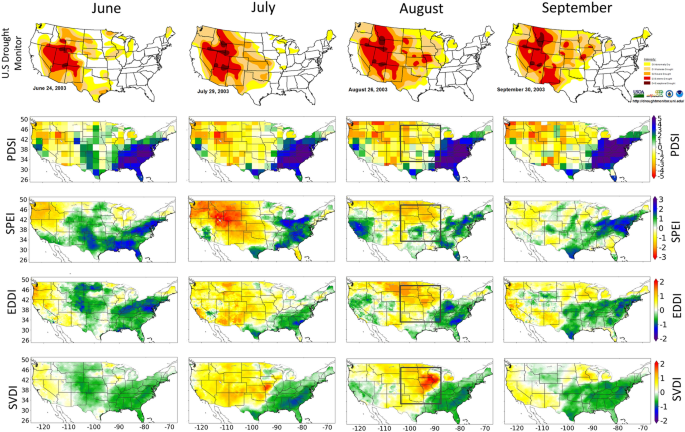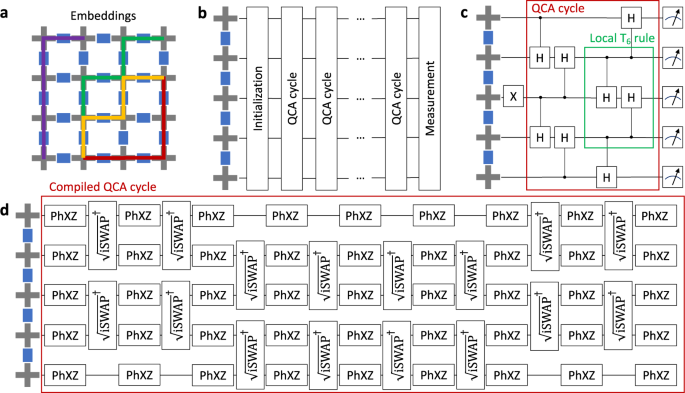高度なコンピュータ処理により、「フラッシュ干ばつ」に新たな展望が開かれる。 Advanced computing gives new window into “flash droughts.”
2022-09-14 アルゴンヌ国立研究所(ANL)
研究者らは、今世紀の残りの期間にわたる干ばつの将来予測を検討する際に、この新しい技術が、数週間という短期間で発生する「フラッシュ干ばつ」の理解に役立つと考えている。
研究者たちは、降水量の不足を利用して干ばつを特定する代わりに、蒸気圧不足(VPD)という新しい指標に注目した。VPDは、気温と相対湿度の組み合わせに基づいて計算され、空気が飽和したときに保持できる水蒸気の量と、利用できる水蒸気の総量との差で構成されている。平均より高いVPDが長期間続くと、干ばつが発生していることを意味する。
<関連情報>
- https://www.anl.gov/article/a-new-way-to-predict-droughts
- https://www.nature.com/articles/s41598-022-12516-7
蒸気圧不足を考慮した21世紀までの米国の干ばつ極値予測 Projected U.S. drought extremes through the twenty-first century with vapor pressure deficit
Brandi L. Gamelin,Jeremy Feinstein,Jiali Wang,Julie Bessac,Eugene Yan & Veerabhadra R. Kotamarthi
Scientific Reports Published:21 May 2022
DOI:https://doi.org/10.1038/s41598-022-12516-7

Abstract
Global warming is expected to enhance drought extremes in the United States throughout the twenty-first century. Projecting these changes can be complex in regions with large variability in atmospheric and soil moisture on small spatial scales. Vapor Pressure Deficit (VPD) is a valuable measure of evaporative demand as moisture moves from the surface into the atmosphere and a dynamic measure of drought. Here, VPD is used to identify short-term drought with the Standardized VPD Drought Index (SVDI); and used to characterize future extreme droughts using grid dependent stationary and non-stationary generalized extreme value (GEV) models, and a random sampling technique is developed to quantify multimodel uncertainties. The GEV analysis was performed with projections using the Weather Research and Forecasting model, downscaled from three Global Climate Models based on the Representative Concentration Pathway 8.5 for present, mid-century and late-century. Results show the VPD based index (SVDI) accurately identifies the timing and magnitude short-term droughts, and extreme VPD is increasing across the United States and by the end of the twenty-first century. The number of days VPD is above 9 kPa increases by 10 days along California’s coastline, 30–40 days in the northwest and Midwest, and 100 days in California’s Central Valley.



